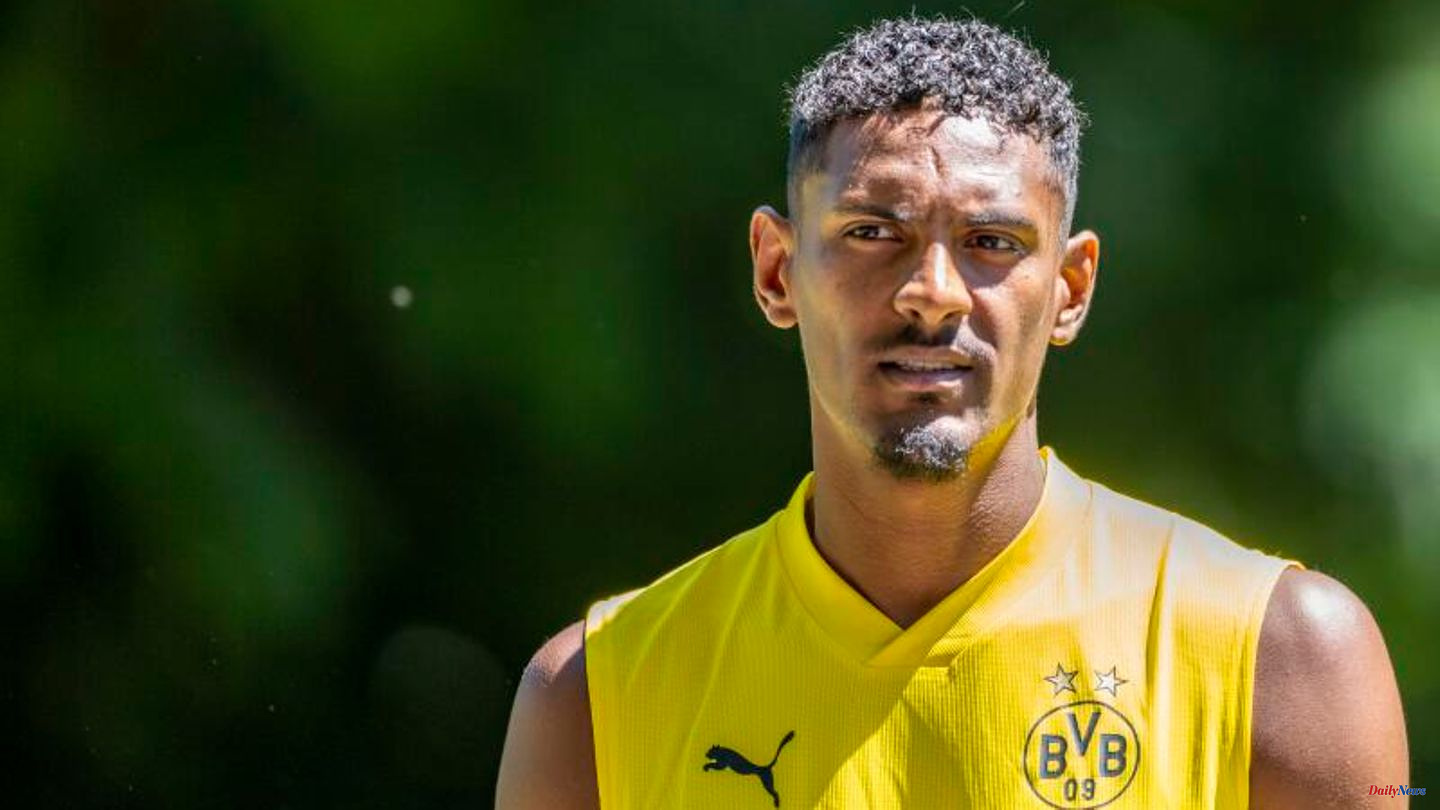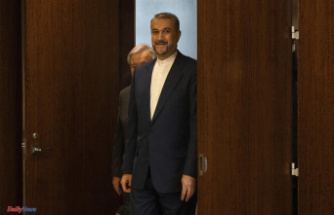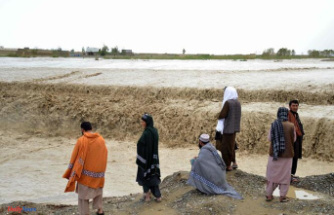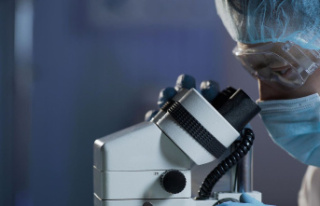According to the urologist Frank Sommer, extreme competitive sport before puberty is a risk factor for the development of testicular cancer. "International studies show that boys who do extremely strenuous competitive sport before puberty have an increased risk of testicular cancer, regardless of genetic factors," said the President of the German Society for Men and Health. Normally, sport and physical activity lower the risk of cancer, but in this specific case it is different. A tumor was recently found in the testicles of BVB player Sébastien Haller. Union Berlin's Timo Baumgartl and Hertha attacker Marco Richter were also recently diagnosed with testicular cancer.
According to the German Cancer Society, testicular cancer is a rather rare tumor disease, accounting for around 1.6 percent of all new cancer cases. In the case of testicular cancer, the affected testicle is removed in 99 percent of cases, Sommer said. Since the hormone testosterone is produced in the testicles, this is a particular problem for competitive athletes. "Testosterone is also responsible for regeneration. This means that an athlete affected by testicular cancer needs longer recovery times after training."
The second testicle can often compensate for the loss in the long run, but that takes time. In the first six to twelve months, the training must definitely be adjusted significantly. If the cancer has already spread, radiation and chemotherapy may also be necessary. During this time, however, the training of competitive athletes should not be completely stopped, so that their performance does not collapse completely. "It's a very sophisticated system with tight controls."
Fortunately, today almost every testicular tumor can be cured, said Sommer. "We're really lucky that we're in 2022 and not 1985, because almost every testicular tumor was fatal then."
According to Susanne Weg-Remers, Head of the Cancer Information Service of the German Cancer Research Center, lifestyle factors or certain types of sport have no influence on the development of testicular cancer. "Testicular cancer is ultimately a disease that in most cases arises purely by chance, without there being a known risk factor," Weg-Remers told the German Press Agency.












